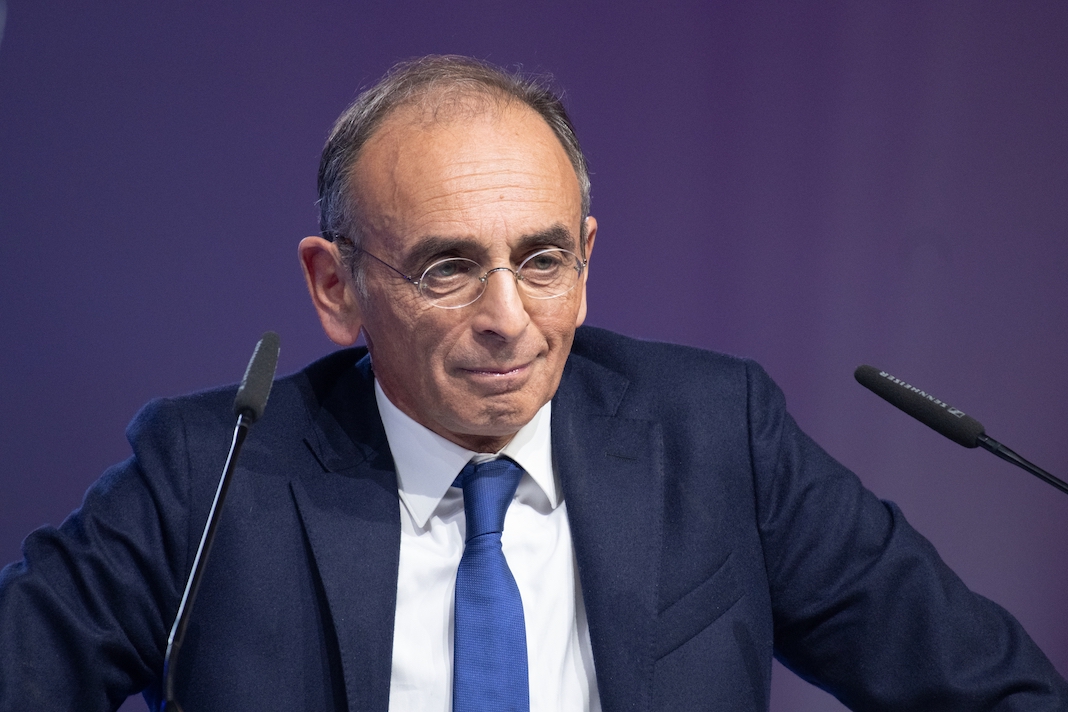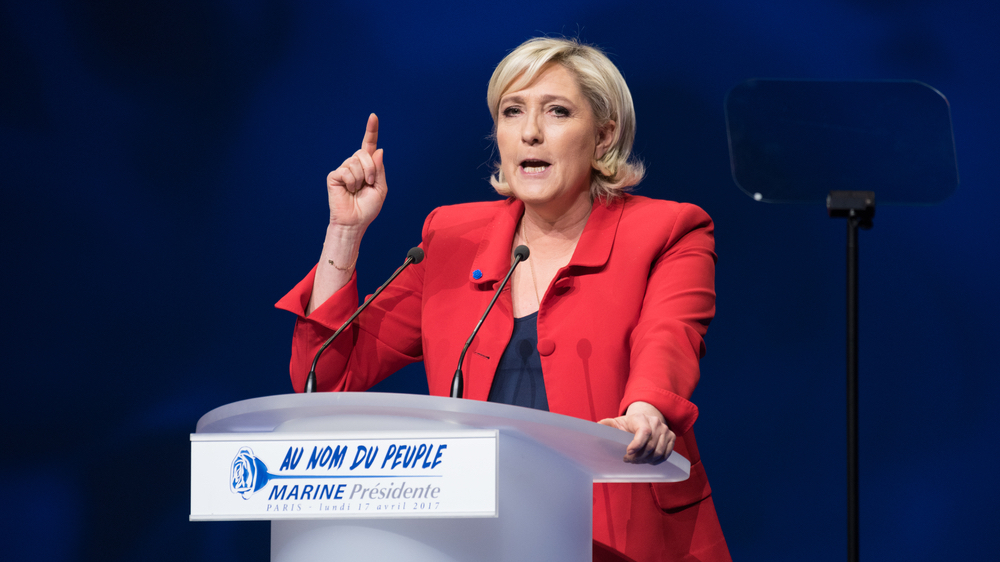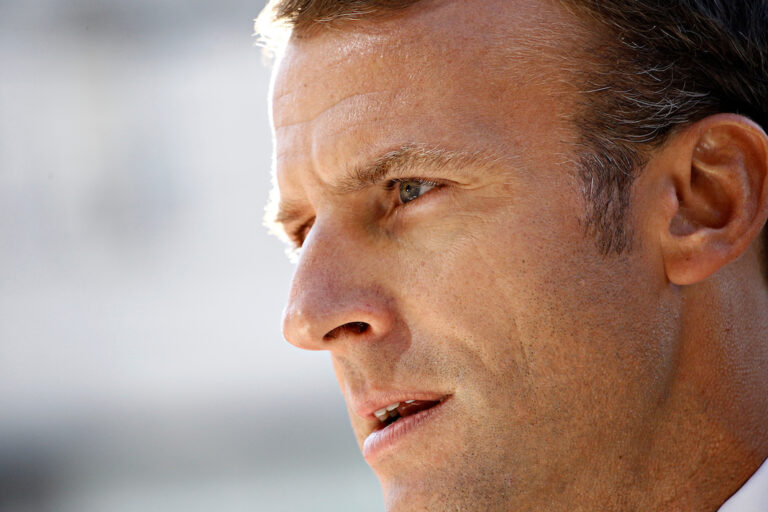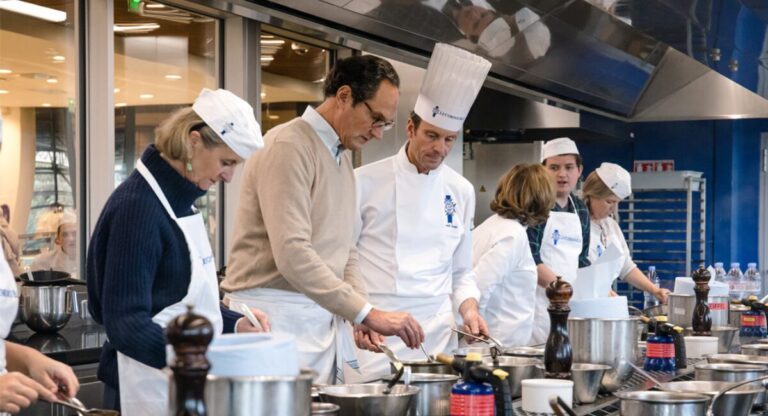The first round of the French presidential election will take place this Sunday, April 10th. It is shaping up as a rematch between the current president, Emmanuel Macron, and far-right candidate, Marine Le Pen.
France votes for president in two rounds. In the first, there are about a dozen candidates. This is followed two weeks later by a runoff between the top two vote-getters.
Macron has consistently had a big lead in the polls, boosted recently by the “rally ‘round the flag” effect caused by the war in Ukraine. While this is now fading, he is expected to easily capture one of the spots in the second round of voting.
Just a few weeks ago, polls indicated that there were four leading candidates for the second spot—Marine Le Pen of the far-right National Rally Party, Jean-Luc Mélenchon of the leftist France Unbowed Party, Valerie Pécresse of the conservative Républicain Party, and Eric Zemmour of the far-right Reconquest Party. But with her recent surge in the polls, Le Pen is now the strong favorite to make it into the second round.
What Has Changed?
Until recently, Le Pen and Zemmour were neck-and-neck in the polls. But far-right support seems to have consolidated around Le Pen, with her rise in the polls almost exactly mirroring the drop by Zemmour. Le Pen has wisely focused on pocketbook issues, which resonate at a time of rising costs of food and fuel due to inflation, supply chain problems and, now, the war in Ukraine. Meanwhile, Zemmour has continued to hammer on the dangers of immigration. His man-crush on Vladimir Putin has also helped to sink him.
Pécresse has continued her drop in the polls and is now a non-factor. Not only is she famously boring, she hasn’t even been endorsed by former French president Nicolas Sarkozy…of her own party! There is little hope for her.
The wild card is Mélenchon, who has seen a recent boost in the polls. He seems to have consolidated the leftist vote, pulling support away from the candidates of the Socialist and Ecologist parties, but trails Le Pen by a considerable margin with just a few days to go.
The Economist’s election prediction model shows Macron with a 99% chance of making into the second round, Le Pen with 90%, and no one else above 10%.
What Does This Mean?
If Macron and Le Pen face off in the second round, it will be a replay of the 2017 election, which Macron won easily with 66% of the vote. However, there have been two important changes since then.
First, Macron is no longer the fresh face of French politics, a candidate without political baggage. Instead, he is the incumbent president, with a record to run against. Rising inflation, unpopular Covid restrictions, the 2018 Yellow Vest protests (a populist uprising triggered by a rise in the gas tax that went on for months, was sometimes violent, and metastasized into a general protest against just about everything)—Le Pen will use these and more against Macron.
And Le Pen has learned from her mistakes. She has dropped unpopular policies like eliminating the euro as France’s currency, and will likely do a better job in the face-to-face debate against Macron (she was a disaster last time). This is why polls indicate a tight race, with Macron winning by a too-close-for-comfort 53%-47%.
Madame President?
France’s far right is powered by a strong anti-Muslim sentiment. This shows up in its opposition to immigration from former French colonies in North Africa, support for tough-on-crime policies (with an anti-Muslim slant), and an embrace of “traditional values.”
What would a Le Pen presidency look like? Think Donald Trump with less craziness and more competence. Like Trump, she’s a would-be autocrat, a fan of Putin and an opponent of NATO. Could a victory by Le Pen affect both French democracy and European security? The stakes of this election are high, indeed.
Keith Van Sickle splits his time between Provence and California. He is the author of the recently-published An Insider’s Guide to Provence and the best-sellers One Sip at a Time: Learning to Live in Provence and Are We French Yet? Read more at Life in Provence.









